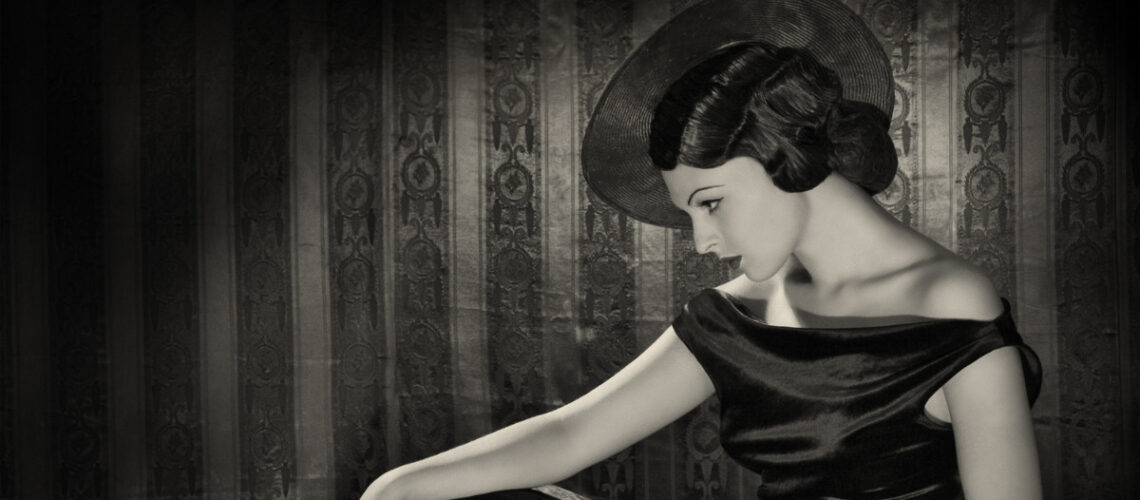In cinema, women have not only been the muse but also the driving force behind some of the most powerful and influential films ever made. From groundbreaking directors to memorable characters, the role of women in film has evolved over the years, making significant strides in terms of representation and storytelling. This blog post delves into the multifaceted world of women filmmakers and characters, celebrating their contributions to the rich tapestry of cinema.
Breaking Barriers and Shaping Narratives
Historically, the film industry has been predominantly male-dominated, with limited opportunities for women to step into roles behind the camera. However, in recent decades, there has been a remarkable shift. Women filmmakers are increasingly making their mark, telling stories from unique perspectives and challenging societal norms. Directors like Kathryn Bigelow, Ava DuVernay, and Greta Gerwig have shattered glass ceilings, proving that gender is not a limitation to creativity.
These directors bring fresh narratives to the screen, exploring themes that resonate with audiences globally. Their ability to depict the complexity of female experiences, from joy to adversity, has opened up discussions about gender equality and representation in the film industry. Through their lens, viewers are offered a glimpse into the diverse and authentic lives of women, fostering empathy and understanding.
Complex and Relatable Characters: Moving Beyond Stereotypes
In addition to filmmakers, the portrayal of women on screen has undergone a transformation. Traditionally, women in films were often relegated to stereotypical roles, limited to being the love interest, the damsel in distress, or the nurturing mother. However, contemporary cinema has given rise to characters that are nuanced, flawed, and inherently human.
Modern characters are complex individuals, breaking free from the constraints of one-dimensional stereotypes. They are scientists, leaders, warriors, and adventurers, each with their unique aspirations and challenges. Films like “Wonder Woman,” “Mad Max: Fury Road,” and “Hidden Figures” showcase women as strong, intelligent, and resilient beings, inspiring generations to come. These characters reflect the diverse roles that women occupy in real life, encouraging audiences to recognize and celebrate the strength and tenacity of women in all their endeavors.
Women characters have also transformed from mere sidekicks to multidimensional protagonists. Characters like Katniss Everdeen from “The Hunger Games” series exemplify courage and resilience, challenging traditional gender norms. Rey from the latest “Star Wars” trilogy embodies strength, intelligence, and leadership, proving that women can be central figures in epic sagas.
Beyond acting, women have excelled in various production roles, influencing storytelling and visual aesthetics. Take, for instance, the work of Rachel Morrison, the first woman to receive an Oscar nomination for Best Cinematography for her remarkable work in “Mudbound.” Her expertise behind the camera lens brought depth and authenticity to the film’s visual narrative, setting a new standard in cinematography.
The Impact on Society: Shaping Perceptions and Inspiring Change
The power of female filmmakers and characters extends beyond the confines of the cinema hall. Their influence permeates society, challenging outdated beliefs and shaping contemporary attitudes towards gender roles. When women are portrayed as protagonists, leaders, and visionaries, it sends a powerful message to viewers, reinforcing the idea that women are equal partners in shaping the world.
Moreover, the exploration of women’s issues in films, such as reproductive rights, domestic violence, and workplace discrimination, prompts essential conversations. These narratives foster awareness and understanding, encouraging society to address these challenges and work towards a more equitable future. As these stories find resonance with audiences, they serve as a catalyst for change, inspiring both men and women to challenge societal norms and advocate for gender equality.
Addressing Social Issues: Women Filmmakers as Advocates
Women filmmakers often use their craft to address pressing social issues. Ava DuVernay, through her documentary “13th,” shed light on racial inequality and mass incarceration in the United States. Similarly, the powerful storytelling of Dee Rees in “Pariah” explored the struggles of a young African-American lesbian coming to terms with her identity, contributing to essential conversations about diversity and inclusion.
Modern cinema is witnessing a shift towards inclusivity, breaking stereotypes associated with race, age, and sexuality. The character of Okoye in Marvel’s “Black Panther,” portrayed by Danai Gurira, challenged conventions by presenting a strong, intelligent, and fiercely loyal African woman. Furthermore, films like “The Favourite” and “Carol” offer nuanced portrayals of same-sex relationships, contributing to a more comprehensive representation of love and identity.
Celebrating Diversity and Creativity
The role of women in film has undeniably come a long way, thanks to the relentless efforts of female filmmakers and the evolution of female characters on screen. As the industry continues to embrace diversity and inclusivity, the narratives will only become richer and more representative of the multifaceted experiences of women around the world.
In celebrating these advancements, it is crucial to recognize that there is still work to be done. By supporting and promoting the voices of female filmmakers and by demanding diverse and authentic representations of women in cinema, society can ensure that the progress made so far is not just a momentary trend but a permanent shift towards a more inclusive and equal cinematic landscape.
As audiences, appreciating and acknowledging the role of women in film can be a simple yet powerful way to contribute to this transformative journey. By doing so, we not only celebrate the achievements of the past but also pave the way for a future where every woman’s story is not just heard but also celebrated, on and off the screen.

